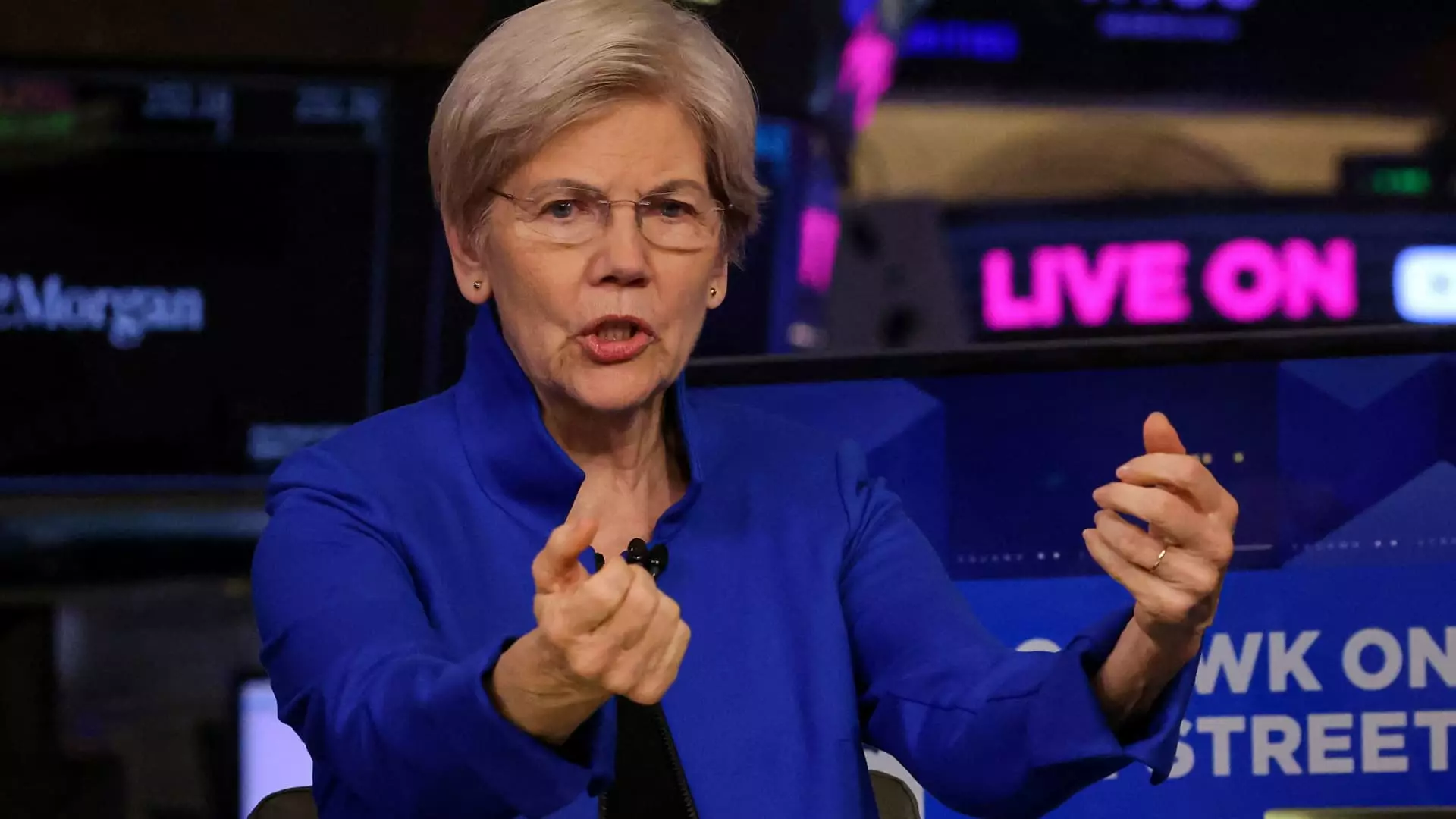In recent months, the political landscape has become increasingly volatile, with the potential for dramatic upheaval in the United States’ financial stability. Central to this turmoil is the threat posed by President Donald Trump’s vocal desire to oust Federal Reserve Chairman Jerome Powell. Such a move, if realized, would not merely remove a single individual from a position of influence but would threaten the very foundation of fiscal policy independence that has underpinned U.S. economic stability for decades.
The Federal Reserve’s autonomy is not just a bureaucratic convenience; it is a vital safeguard against politicized economic decision-making. When the Fed operates free from political interference, it can respond objectively to economic data, balancing inflation, employment, and growth with a cool-headed approach that benefits long-term stability. The reckless attempt to replace Powell signals an alarming willingness to compromise these principles for short-term political gains, risking a cascade of economic uncertainty.
This isn’t just about a resignation or a firing; it’s about the potential unraveling of a carefully constructed and globally respected system of central banking. Political meddling can tilt the scales toward impulsive interest rate cuts or hikes, which historically have led to market instability. The consequences of such meddling extend beyond Wall Street—repercussions ripple through the everyday lives of Americans, impacting job growth, mortgage rates, and overall economic confidence.
The Risks of Politicizing Monetary Policy
President Trump’s relentless attack on Jerome Powell reveals a deeper, troubling pattern: the desire to manipulate monetary policy to serve immediate political objectives. Conceding to such pressures would not just threaten the Fed’s independence but would erode the very credibility of the institution. When markets sense interference, they react with volatility, uncertainty, and loss of trust—an environment ripe for economic downturn.
For liberals with centrist inclinations, this situation underscores the importance of maintaining a balanced approach—rejecting both reckless political interference and extreme austerity. Respecting the independence of the Fed aligns with a belief that economic policymaking should be guided by empirical data and long-term stability rather than transient political whims. Allowing the presidency to undermine this independence risks setting a dangerous precedent, where economic stability becomes subordinate to the short-term political expediency of a departing administration or a populist impulse.
Furthermore, the global economy is intricately linked to U.S. monetary policy. A unilateral move to dismiss Powell would send shockwaves through international markets, destabilizing currencies, disrupting investments, and fueling economic insecurity worldwide. Such instability would disproportionately affect middle- and working-class Americans, who rely on a stable economy for jobs, savings, and future security.
The Broader Implications of Erosion in Financial Autonomy
The potential firing of Powell symbolizes a broader threat to the principles that have undergirded American economic policy for generations. It challenges the delicate balance between democratic accountability and monetary independence—an equilibrium that ensures economic decisions are rooted in expertise rather than political pressure.
From a progressive liberal perspective, defending the Fed’s independence isn’t just about protecting a financial institution; it’s a stance against the politicization of economic necessity. Economies should not be pawns in political battles, especially during times of uncertainty. Carefully calibrated monetary measures are essential for avoiding recessions and fostering sustainable growth. Politicizing this process risks catastrophic consequences, leading to a cycle of boom and bust that erodes public confidence and damages livelihoods.
The Trump administration’s aggressive stance toward Powell also exposes a troubling attitude of distrust towards expertise and independent institutions. If policy decisions are to be dictated by partisan motivations, the United States runs the risk of devolving into an unstable political economy—a dangerous proposition that threatens to undermine the very foundation of American economic leadership.
Maintaining the Fed’s independence is neither a sign of weakness nor complacency; it is a recognition that complex economic systems require expertise, prudence, and stability—values which should transcend momentary political disputes. Should these principles be sacrificed at the altar of political expediency, the consequences would be felt far and wide, far beyond the corridors of power.


Leave a Reply